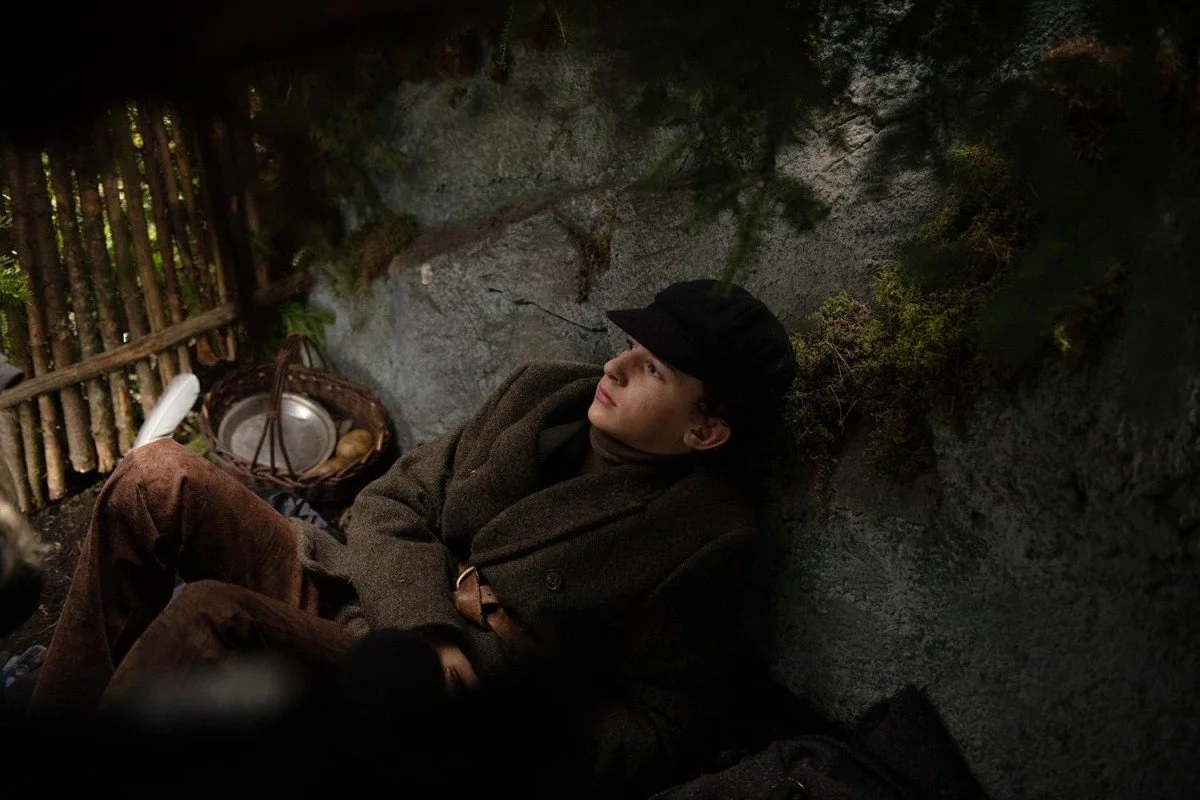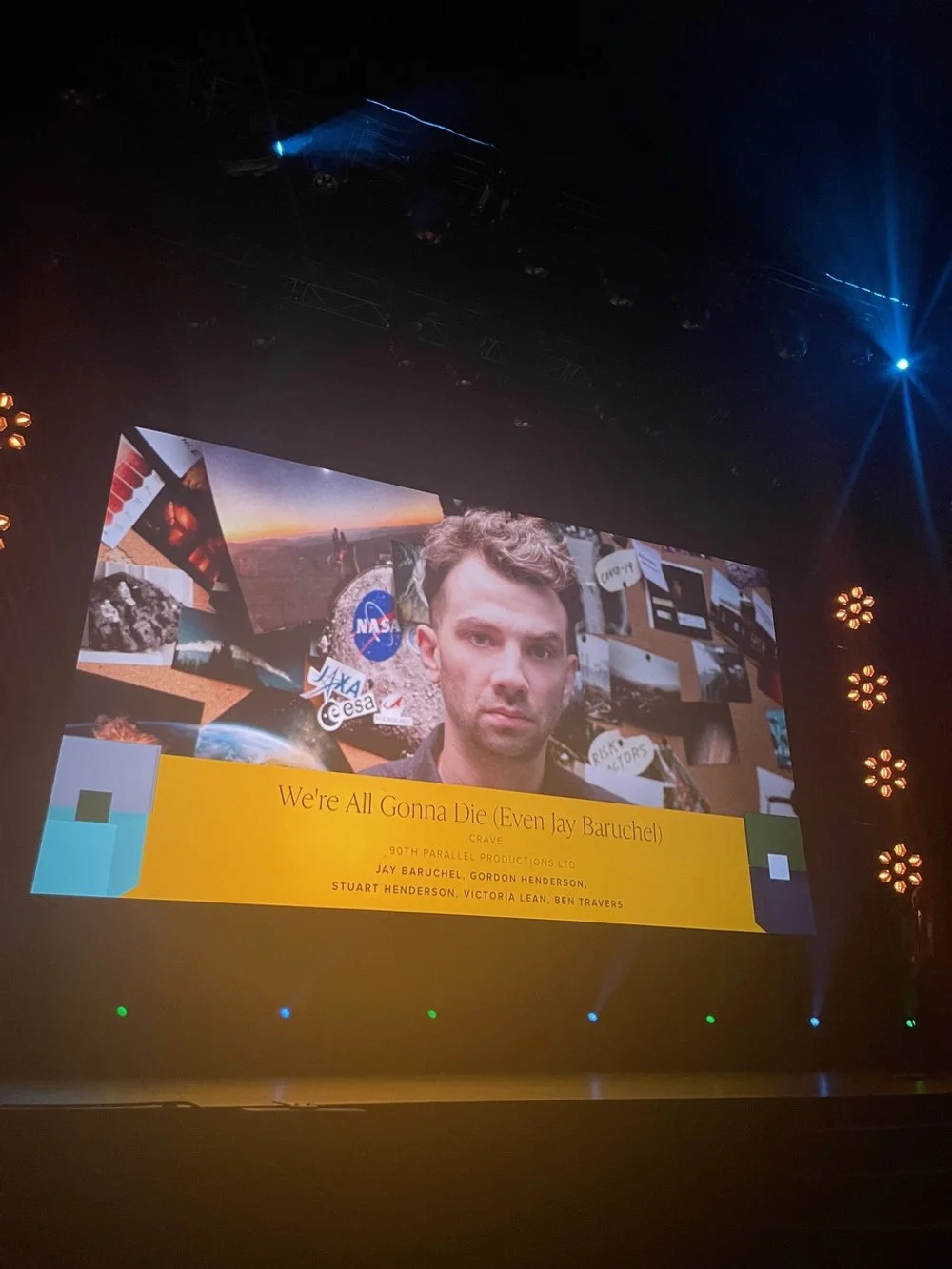I had a really unique movie going experience last week. At 9:20pm on a Tuesday night, I trekked alone to Cineplex Odeon Varsity Theatres at 55 Bloor Street, Toronto, for a VIP screening of Inherent Vice (2015). Directed by Paul Thomas Anderson, adapted by Thomas Pynchon's novel, this is by far one of the most interesting films I have got to see this year.
Working in Film and TV has it’s ups and downs. But mostly it’s exciting. We are creating art. And it takes a village to get there. I am happy I get to be a part of a rich community of global artists bringing entertainment to the big screen (and however large or pocket-sized your screens are at home).

A year and a half later and We’re All Gonna Die Season 2 has officially launched on CraveTV. Being a part of a team and reflecting on all the work that went into the final product are some of my favourite and most rewarding parts of this job. The fact that I get to MAKE FILMS… for a living? Is a privilege and honour that never fails to awe and inspire me.

I had the pleasure of joining the team behind the film THE BOY IN THE WOODS this year with editor Robert Swartz, CCE.

We are SO thrilled and delighted and grateful to the Canadian Academy for honouring WE’RE ALL GONNA DIE (EVEN JAY BARUCHEL) with four Screen Awards:

follow atshutterspeed here


